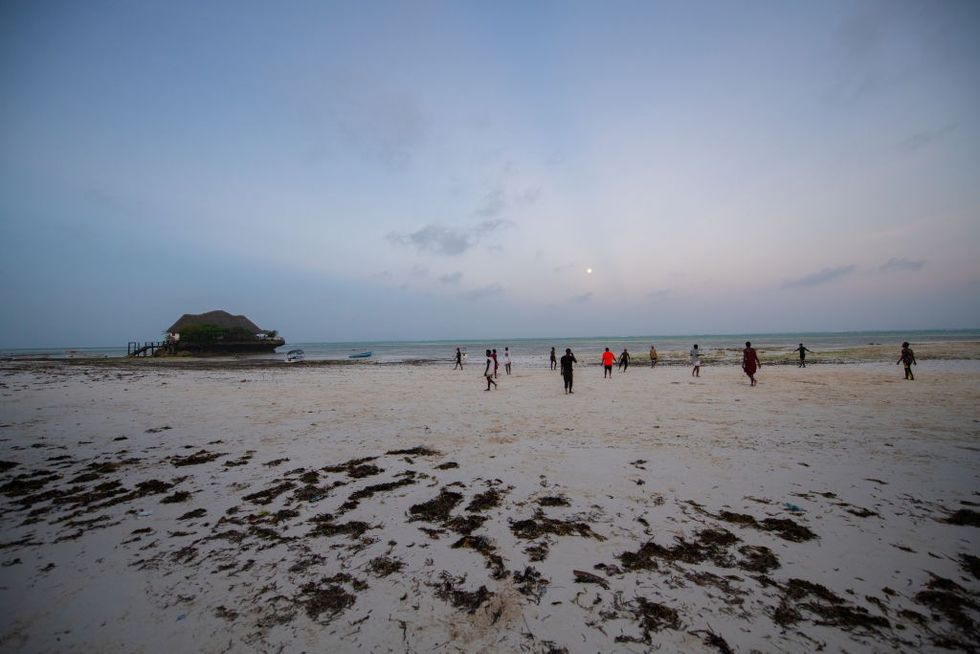Horror warning issued over outbreak of deadly 'eye-bleeding disease' amid fears virus could spread under radar

Tanzania's health ministry has denied an outbreak
Don't Miss
Most Read
The World Health Organization has warned of a suspected outbreak of the deadly Marburg virus in northern Tanzania, with eight people believed to have already died from the disease.
WHO chief Tedros Adhanom Ghebreyesus said: "We are aware of nine cases so far, including eight people who have died."
The organisation expects more cases to emerge in the coming days as disease surveillance improves in the remote region of Kagera.
Victims have suffered from severe symptoms including headaches, high fevers, back pain, and vomiting up blood.

WHO chief Tedros Adhanom Ghebreyesus issued a warning
|Getty
The virus can cause severe haemorrhagic symptoms within a week, including bleeding under the skin, in internal organs, and from orifices such as the mouth, eyes, and ears.
Without treatment, Marburg can be fatal in up to 88 per cent of infected individuals, making it one of the deadliest viral diseases known. The illness begins abruptly with severe malaise and high fever, followed by severe watery diarrhoea and abdominal pain by the third day. In fatal cases, death typically occurs between day eight and nine of infection.
However, Tanzania's government has now denied any positive cases of the virus in the country.
"As of January 15, 2025, laboratory results for all suspected individuals were negative for Marburg virus," health minister Jenista Mhagama said in a statement released late on Wednesday.
LATEST DEVELOPMENTS

A warning has been issued for Tanzania
|Getty
The minister said immediate measures were taken after receiving reports of suspected cases, including deploying experts to the area and conducting laboratory testing.
Tanzania has "strengthened disease surveillance systems" in response to the outbreak concerns.
Like Ebola, the Marburg virus originates in fruit bats and spreads between humans through close contact with bodily fluids of infected people or contaminated surfaces.
The virus can also spread through contaminated injection equipment and burial ceremonies involving direct contact with infected bodies.
An outbreak in Rwanda, which ended on December 20, resulted in 15 deaths and 66 cases, with healthcare workers being the most affected.
Tanzania previously experienced its first Marburg outbreak in 2023 in the same Kagera region, recording nine cases including six deaths. The WHO has rated the risk assessment for the suspected outbreak as high at national and regional levels, but low globally.
Currently, there are no authorised vaccines or treatments available for the Marburg virus. However, rehydration treatment to alleviate symptoms can improve survival chances. Researchers are working to develop solutions, with five vaccine candidates showing promise in animal studies.
Tanzania was criticised during the global outbreak of Covid-19 for not sharing data on the infection and ignoring preventive measures.











